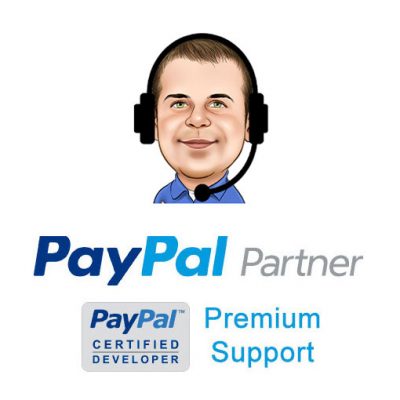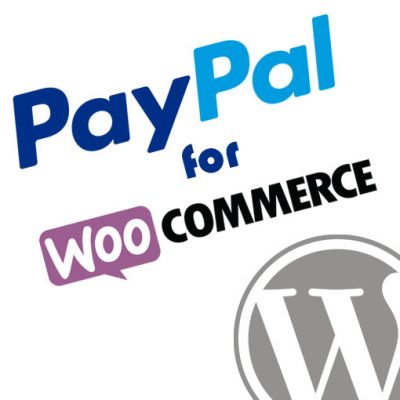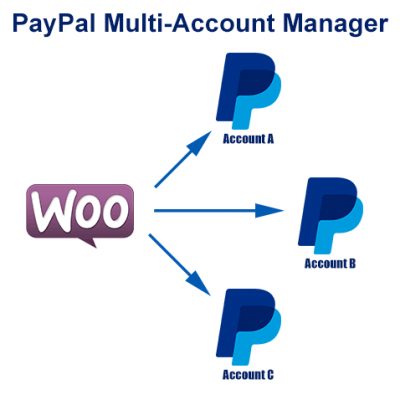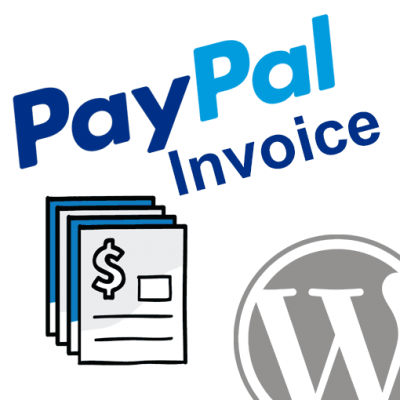Introduction
Last week brought the news that PayPal has agreed to purchase Honey, an LA-based browser extension that helps customers to automatically find discount codes. The cost of this acquisition – $4 billion – makes the deal the biggest tech deal in LA’s history.
The deal has also generated a lot of speculation. This is not the only recent partnership that PayPal has announced: back in September the online giant revealed that it had partnered with Amex. PayPal is also clearly seeking to extend its reach beyond its current operations, notably through trying to advance to the next era of Digital Commerce through the PayPal Commerce Platform. In this context, however, the acquisition of Honey – essentially a shopping tool – seems like a strange move.
In reality, however, Honey offers PayPal a way of re-gaining an edge over its competitors. If the app that Honey has built can be integrated into the PayPal ecosystem, it’s likely that it could increase PayPal’s dominance over the online payments market.
Though recent years have brought a lot of competition in the sector, with quite a few PayPal alternatives springing up, PayPal remains by far the most popular platform. This is partially due to innovative features like the PayPal Micropayments system, which allows companies to generate income from large numbers of small payments, and the timely manner in which the platform has responded to PayPal scams, which has bolstered its reputation for security. The acquisition of Honey seeks to build on these advances by offering a new level of functionality.
Maintaining the Edge
The recent purchase comes at a time of evolution for PayPal. Up until now, the company has focused on building a strong eCommerce community and has prioritized the process of building trust among its user base. It has been very successful in both regards, to the point that it is now the dominant online payment platform.
It is now facing competition. Amazon, Apple, Facebook, Google, and other tech giants are seeking to get into the business of financial services. A key offer of these new services is that they come as part of an integrated “ecosystem” of services, ranging from online stores to payment cards.
This is the key insight that PayPal is seeking to use when it comes to acquiring Honey. The app that Honey has developed – Venmo – helps shoppers to find deals from a variety of different outlets, and then combines these into a single shopping cart that can then be paid for all at once. Because of that, Honey might allow PayPal to engage with shoppers at a much earlier stage of their buying journey than ever before. As PayPal’s press release put it, “to reach consumers at the beginning of their shopping journeys.” In other words, it is a way to help you find products, not just pay for them.
This kind of integration is now a major focus for many tech companies: Apple Pay and Square’s Cash app both have associated payment cards that come with various perks, like cashback on Apple products with the Apple Card. Even the best web hosts now offer integration of their hosting services with eCommerce platforms and payment platforms like PayPal.
Increased Revenue
The acquisition of Honey should also allow PayPal to diversify its income streams. Honey is free to use for shoppers, which has made some users worried that it is making money from selling their personal details to third parties. This is not the case. Honey’s privacy policy is detailed and surprisingly clear for a company of this kind. It explicitly states that Honey will not acquire “your search engine history, emails, or your browsing on any site that is not a retail (shopping or service) website.” It also makes the claim that the company follows secure data retention processes.
Instead, Honey makes money in a different way. The company takes a commission from merchants that sell through them, which amounts to a small percentage of the total sales made through the app. On the surface, this also seems like a strange business model: why would retailers pay a company that lets customers pay less for the same products? The answer is the same reason the company already pays a commission to credit card companies – because this makes the shopping experience easier, and leads to increased sales.
If PayPal chooses to use the same model, this could be a lucrative move. The platform could use Honey’s app to generate a commission on sales made through it. Then it can steer users towards using PayPal as payment and invoicing mechanism, which already integrates with several third-party apps that have large user bases (including everything from Google Pay to FreshBooks). The added redirection via Honey from other websites and apps generates another small commission for them. If done correctly, this could result in PayPal making revenue from every aspect of a buyer’s journey.
This kind of vertical integration is “something that nobody in retail has solved,” says Sucharita Kodali, an eCommerce and retail analyst at the market research firm Forrester.
A Good Deal?
Once the potential of Honey’s business model is understood, $4 billion starts to look like a reasonable price. PayPal appears to have spotted an opportunity that its competitors haven’t. PayPal’s stock price dipped on the acquisition, but given how well the company has performed over the last decade, this is likely a blip on the radar.
This said, it is not certain that the deal to buy Honey is going to immediately give PayPal an edge. For a start, the deal has yet to be approved by regulators, who are looking at Big Tech acquisitions more closely than ever before. There are fears that PayPal – already the dominant online payments platform – could gain too much power in the space if it starts to acquire too many smaller companies.
The opportunity that PayPal has spotted is also now out in the open, and this is likely to encourage its competitors to develop versions of this new functionality. Google has already released a version of Google Shopping that allows customers to compare prices across retailers and across time. This is a key feature of Honey and one that PayPal is likely to implement once the deal goes through.
The truth is that the online payments market is more competitive than ever before, and there is going to be a battle for dominance for quite a few years yet. PayPal has shown foresight and courage in acquiring Honey, but it also needs to maintain customer trust if it is to stay on top. Given its track record so far, though, we’d bet that it is going to be the premier payments platform for some time to come.
Looking for Live Help?
Schedule a live meeting with Drew Angell, PayPal Certified Developer, and get all of your questions or concerns answered.
Featured PayPal Products and Services
-
PayPal Support
$150.00 -
PayPal for WooCommerce
FREE! -
WooCommerce Multiple PayPal Accounts Plugin
FREE! -
PayPal Shipment Tracking for WooCommerce
$49.99 -
Offers for WooCommerce
$59.99 -
WordPress PayPal Invoice Plugin
$20.00 -
PayPal Webhooks for WordPress
$79.99 -
Sale!
PayPal IPN for WordPress
Original price was: $59.99.$49.99Current price is: $49.99.







